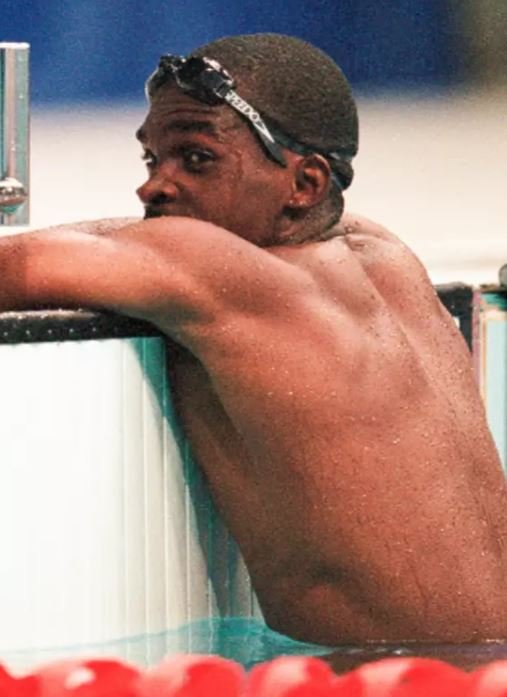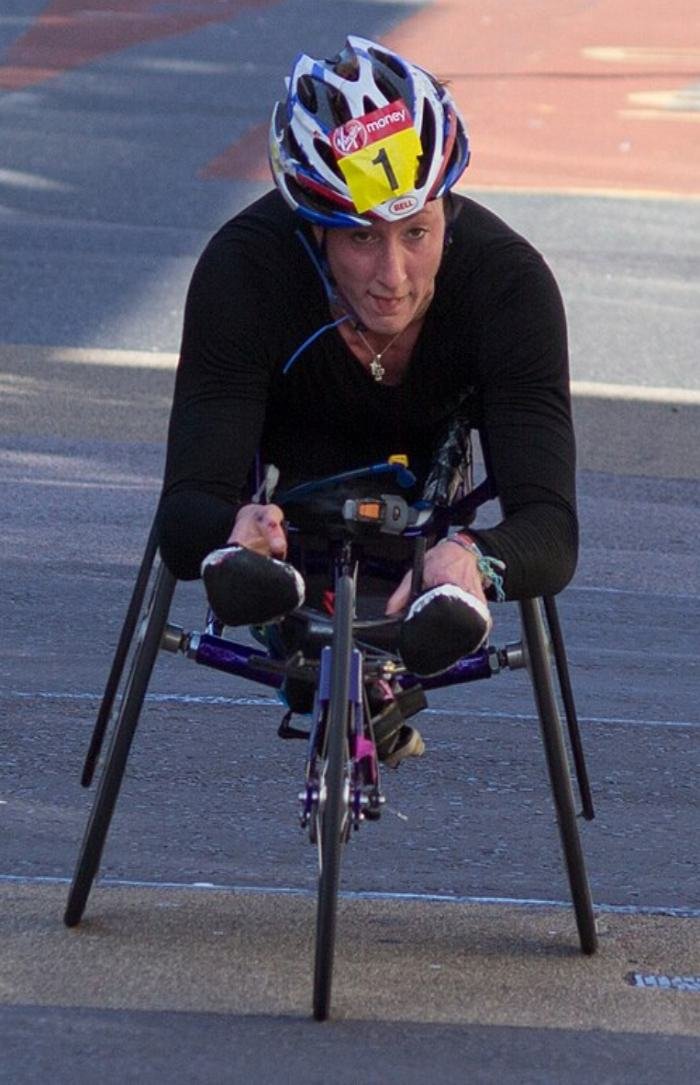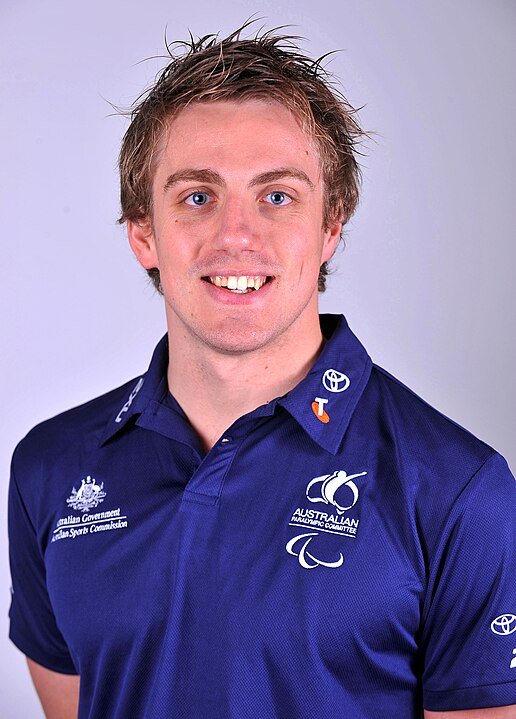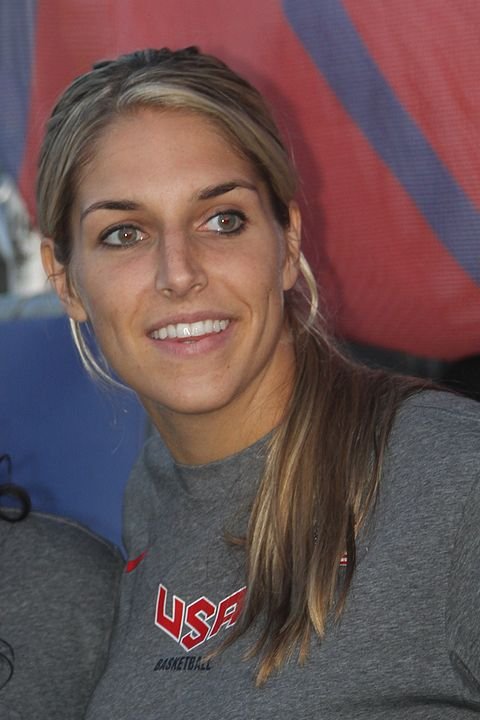Eric Moussambani’s journey to the 2000 Sydney Olympics is not just a story of athletic participation—it’s a testament to the power of courage, determination, and the human spirit. With minimal preparation and no access to proper training facilities, Moussambani became an unlikely hero, proving that the journey and effort matter as much as winning. His story resonates far beyond the pool, inspiring millions to embrace perseverance in the face of overwhelming odds.
Eric Moussambani’s Early Beginnings: The Foundation of a Dream
Eric Moussambani grew up in Malabo, Equatorial Guinea, a small Central African nation with limited resources for sports. Born into a humble family, Moussambani’s early life was marked by resilience and responsibility. As the only male in his household after his father’s passing, he shouldered the weight of providing for his family from a young age. Despite these challenges, Moussambani’s passion for sports began to take root.
His introduction to swimming was far from conventional. At 19, he decided to learn to swim after a basketball injury left him fearful of returning to the court. With no access to a proper swimming pool, Moussambani trained in a 13-meter hotel pool, available only from 5 to 6 a.m. He also practiced in rivers and the sea, guided by local fishermen who taught him basic techniques. “I didn’t have any swimming experience,” Moussambani recalls. “I just moved my arms and legs, trying not to sink”
This unconventional training regimen was far from ideal, but it laid the foundation for a dream that would soon take him to the world stage.
Overcoming Adversity: The Battle Against Limited Resources
Moussambani’s path to the Olympics was fraught with challenges. Equatorial Guinea had no Olympic-sized pools, no professional coaches, and no infrastructure to support competitive swimming. When the country received a wildcard entry to the Sydney Olympics through the Olympic Solidarity Program, Moussambani was chosen to represent his nation—despite having only eight months of swimming experience.
The odds were stacked against him. Moussambani had never seen a 50-meter pool before arriving in Sydney. “I was scared,” he admitted. “The pool was so big for me. I wasn’t sure I could do it” 18. His training sessions in Sydney were equally daunting. Unable to complete a full lap, he often stopped halfway, struggling to catch his breath. Yet, he refused to give up, drawing inspiration from watching elite swimmers like the U.S. team and studying their techniques.
The Pivotal Moment: A Race That Captured the World’s Heart
On September 19, 2000, Moussambani stepped onto the blocks for the men’s 100-meter freestyle heat. His competitors, from Niger and Tajikistan, were disqualified for false starts, leaving him to swim alone. The crowd of 17,000 at the Sydney Aquatic Centre watched in awe as Moussambani embarked on a solitary journey.
The first 50 meters were a display of raw determination. But as he turned for the second lap, exhaustion set in. His strokes became labored, his breathing ragged. The crowd, initially silent, erupted into cheers, urging him to finish. “I couldn’t feel my legs or arms,” Moussambani later recalled. “But the crowd’s support gave me the strength to finish”.
When he finally touched the wall, the clock read 1:52.72—the slowest time in Olympic history for the event. Yet, the standing ovation he received was louder than any medal ceremony. Moussambani had not only completed the race but had also embodied the true spirit of the Olympics: participation, perseverance, and pride.
Eric Moussambani’s Legacy: Inspiring Change Through Courage
Moussambani’s performance in Sydney made him a global sensation. Dubbed “Eric the Eel” by the media, he became a symbol of hope and resilience. His story highlighted the disparities in training facilities between developed and developing nations, sparking conversations about equity in sports.
After the Olympics, Moussambani continued to improve, eventually lowering his personal best to under 57 seconds. He became a national hero in Equatorial Guinea, inspiring the construction of two Olympic-sized pools in his country. Today, he serves as a coach, mentoring young swimmers and sharing his story of perseverance.
Moussambani’s legacy extends beyond swimming. His journey reminds us that greatness is not defined by medals or records but by the courage to face challenges head-on. As he puts it, “The most important thing is to have goals and persevere to achieve them”.
Conclusion: A Call to Embrace the Journey
Eric Moussambani’s story is a powerful reminder that the journey matters as much as the destination. His determination to finish the race, despite overwhelming odds, continues to inspire athletes and non-athletes alike. In a world often obsessed with winning, Moussambani’s legacy is a testament to the enduring value of effort, courage, and the human spirit.
Let his story be a call to action: to embrace challenges, celebrate effort, and find strength in the face of adversity. After all, as Moussambani showed us, the true victory lies in never giving up.
Just as Moussambani’s journey inspires millions, so too does the story of Katie Ledecky, a swimmer who has redefined excellence in the sport. While Eric’s story is one of overcoming immense odds, Katie’s record-breaking achievements—including nine Olympic gold medals and multiple world records—showcase the power of dedication and relentless pursuit of greatness. Together, their stories remind us that inspiration comes in many forms, whether through perseverance against all odds or the relentless pursuit of excellence.
Photo by Nigel Wasserman




